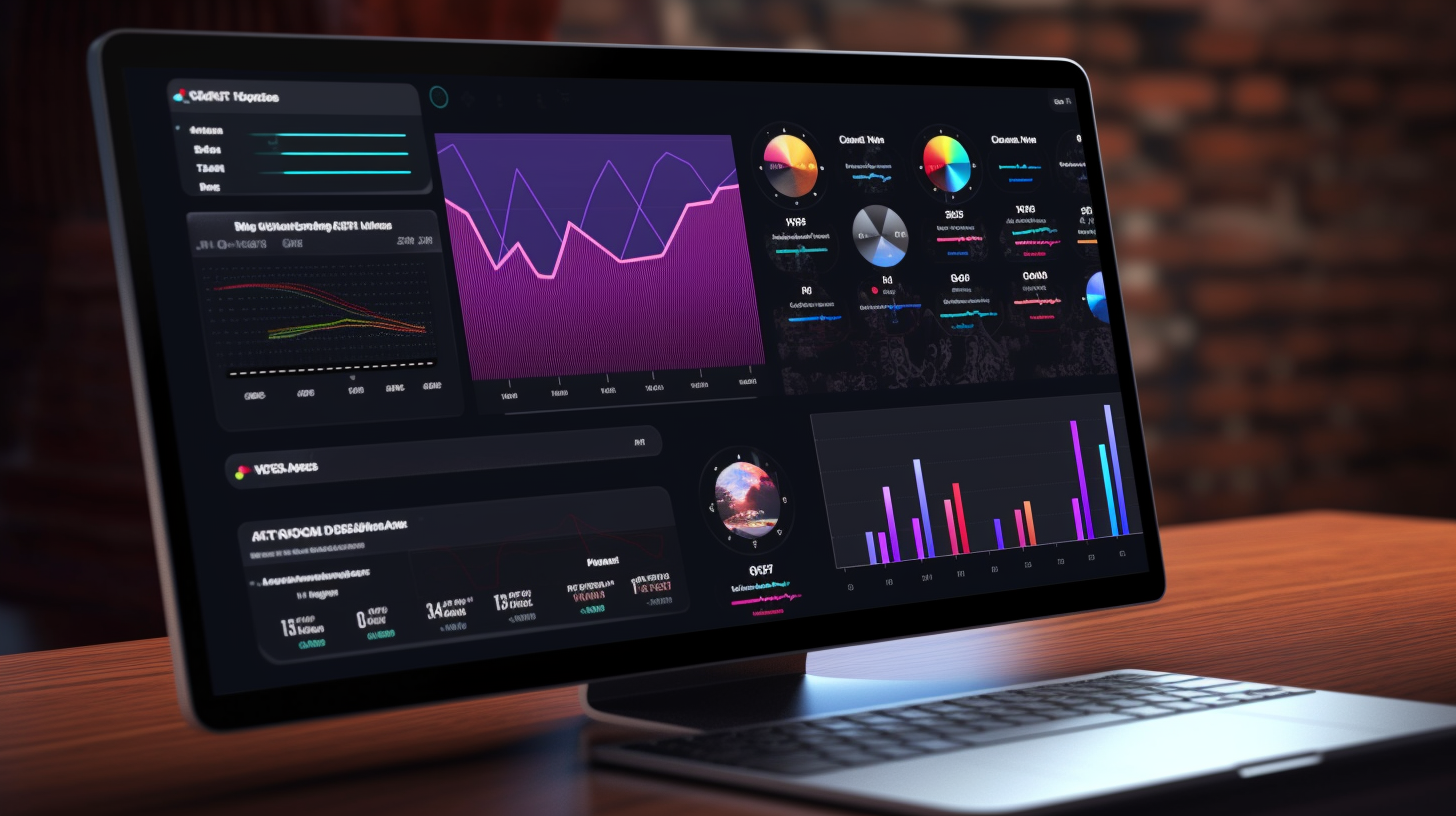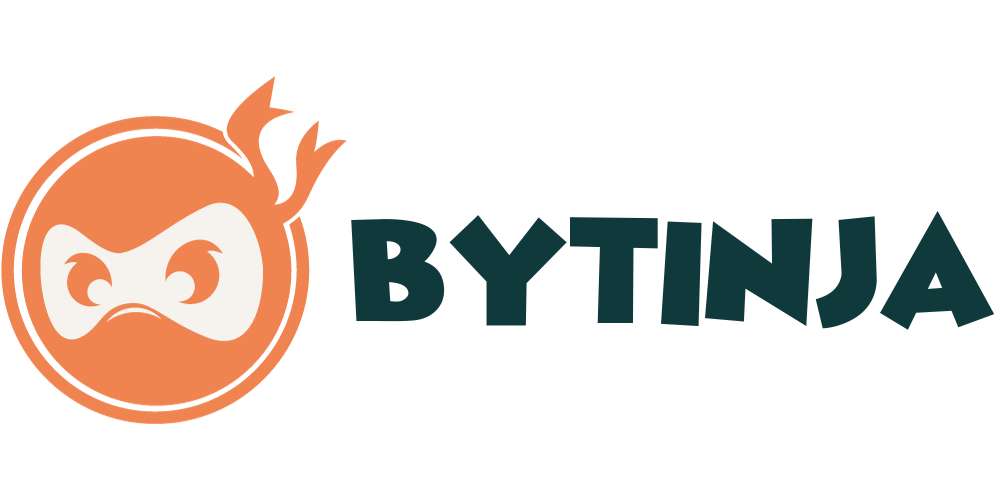Content Management Systems (CMS) have revolutionized the way in which websites are created and managed. While WordPress is the most popular CMS platform, there are several other options available in the market, each with its own unique features and benefits. Choosing the right CMS platform can be a daunting task, especially for beginners.
In this article, we will provide an objective and technical comparison of WordPress with other CMS platforms to help you make an informed decision about which one is right for your needs. Firstly, we will explore the benefits of using a CMS for your website or blog. CMS platforms simplify the process of creating and managing content-rich websites, allowing even non-technical users to manage their online presence with ease.
We will then delve into the specifics of WordPress as a CMS platform, discussing its customization options, themes, and plugins. Next, we will provide an overview of two other popular CMS platforms, Joomla and Wix, highlighting their advantages and disadvantages. Finally, we will compare WordPress with other CMS platforms, helping you choose the right platform for your individual needs.
By the end of this article, you will have a comprehensive understanding of CMS platforms and be equipped with the knowledge to make an informed decision about which one is right for you.

Understanding CMS Platforms
When it comes to understanding CMS platforms, it is important to note that WordPress is the most popular option, but there are also other CMS options available such as Joomla!, Drupal, Squarespace, and Wix, each with their own unique strengths and weaknesses.
Content management systems make it easy to build a website without coding or technical expertise, allowing users to focus on content creation and design rather than technicalities. These platforms are designed to be user-friendly, with intuitive interfaces that allow users to build and manage their websites with ease.
While WordPress is the most popular CMS software, other options like Joomla! and Drupal offer more advanced functionality for experienced web designers.
Squarespace, on the other hand, is a seamless experience that is great for beginners but lacks the customization and flexibility of WordPress. Wix offers creative freedom in developing a web presence but is not as versatile as WordPress.
A detailed comparison between these CMS platforms is necessary to determine which one is right for a particular website.

Benefits Of Using A CMS For Your Website Or Blog
Utilizing a content management system for your website or blog is akin to having a reliable and efficient assistant who streamlines the process of organizing and managing content, allowing you to focus on creating and expanding your online presence.
CMS platforms like WordPress, Joomla, Drupal, Squarespace, and Wix offer numerous benefits for website owners and bloggers, including:
Simplified Website Management: CMS platforms provide easy-to-use interfaces for managing website content, without requiring extensive coding skills. This makes it possible for non-technical users to create and publish content, update website design, and manage website functionality.
Increased Search Engine Optimization: CMS platforms are designed with SEO in mind, offering features like customizable meta tags, easy content categorization, and automatic sitemap generation. These features help to improve website visibility and ranking in search engine results pages.
Versatile Publishing Platform: CMS platforms provide a flexible and scalable platform for publishing content, including text, images, videos, and other media. This makes it possible to create a wide range of websites, from simple blogs to complex e-commerce sites.
Overall, utilizing a content management system can lead to a more efficient and effective website or blog. By simplifying website management, improving SEO, and providing a versatile publishing platform, CMS platforms like WordPress and others can help website owners and bloggers to achieve their online goals.

Exploring WordPress As A CMS Platform
The use of a content management system provides website owners and bloggers with a simplified and efficient way to manage website content, improve search engine optimization, and create a versatile publishing platform.
One popular CMS platform is WordPress, which is open-source software that allows website owners to build and customize their websites. WordPress is known for its flexibility, scalability, and ease of use, making it a top choice for website building.
WordPress offers a range of features and functionalities, including thousands of free and paid themes that allow website owners to customize their websites to their liking. The platform is also highly scalable, making it suitable for websites of all sizes and types, including e-commerce sites, blogs, and portfolios.
Additionally, WordPress is constantly updated to ensure that it remains secure and up-to-date with the latest web trends and technologies.
Overall, WordPress is a powerful and versatile content management system that provides website owners with the tools they need to create and manage their websites. Whether you are a beginner or an experienced developer, WordPress offers a range of functionalities and features that can help you create a website that meets your specific needs.
With its ease of use, scalability, and flexibility, WordPress is a popular choice for website building and is likely to remain so in the future.

Customization Options With WordPress
Customizing a website is an essential aspect of building a strong online presence, and with the versatility of WordPress, website owners have a wealth of options available to them to create a unique and engaging website. WordPress offers customization options through its vast library of themes and plugins, which can be easily installed and activated to change the look and functionality of a website.
Themes provide a foundation for website design and layout, and there are thousands of free and paid options available to choose from. Additionally, plugins can be used to add specific features and functionality to a website, such as social media integration, contact forms, and e-commerce capabilities.
One of the benefits of using WordPress for customization is the ability to create a fully customized website without the need for coding knowledge. With the drag-and-drop interface of popular WordPress page builders like Elementor and Divi, website owners can easily create custom layouts and designs for their website without needing to write code.
Additionally, WordPress allows for customization through custom CSS and PHP code, providing even more flexibility for experienced developers.
Overall, WordPress provides a robust platform for customizing a website to meet the unique needs and goals of website owners. With its vast library of themes and plugins, drag-and-drop page builders, and options for custom code, website owners have the tools they need to create a personalized and engaging website that stands out from the competition.

Themes And Plugins For WordPress
With a vast array of themes and plugins available, website owners can enhance the functionality and aesthetics of their WordPress website to create a unique and engaging online presence.
Themes are pre-made designs that change the look and feel of a website, while plugins add new features to the website. WordPress has a vast library of both free and premium themes and plugins, making it easy to customize a website even for users with little or no coding experience.
Themes can be installed and customized using the WordPress dashboard. Users can browse the WordPress theme library and preview themes before installation. Premium themes offer more customization options and support, but free themes are still a viable option for those on a budget.
Plugins, on the other hand, can be downloaded from the WordPress plugin library or third-party websites. Plugins can add features such as contact forms, social media integration, and e-commerce capabilities to a website.
Using themes and plugins can make web development faster and more cost-effective. However, it is important to choose themes and plugins from reputable sources to ensure compatibility and security. Regular updates and maintenance are also necessary to keep the website secure and functioning properly.
By utilizing the vast array of themes and plugins available on WordPress, website owners can create a unique and functional online presence without extensive coding knowledge.

An Overview Of Drupal As A CMS Platform
Drupal, often referred to as the ‘Swiss Army Knife’ of CMS platforms, offers advanced customization options and scalability for building complex websites and web applications. Although it is less popular than WordPress, Drupal is a powerful tool for experienced web developers who need more control over their website’s functionality and design.
Here are some key features of Drupal as a CMS platform:
Open-Source: Like WordPress, Drupal is an open-source CMS platform, meaning that it is free to use and modify. This allows developers to customize their website’s functionality and design to meet their specific needs.
Customizability: Drupal offers a high level of customizability, making it a popular choice for building complex websites and web applications. It has a large library of modules and themes that allow developers to add new features and modify existing ones.
Scalability: Drupal is highly scalable, meaning that it can handle large and complex websites with ease. It is a popular choice for government websites, universities, and large corporations.
Learning Curve: Drupal has a steeper learning curve than WordPress, requiring more technical knowledge and experience to use effectively. However, for experienced developers, Drupal offers a level of control and customization that is difficult to achieve with other CMS platforms.
Overall, Drupal is a powerful CMS platform that offers advanced customization options and scalability for building complex websites and web applications. While it may not be as popular as WordPress, it is a popular choice for experienced web developers who need more control over their website’s functionality and design.

Understanding Joomla As A CMS Platform
Joomla is a widely-used CMS platform that offers a balance between extensibility and accessibility for creating various types of websites and applications.
Like WordPress and other content management systems, Joomla is an open-source CMS that is free to use. Its user interface is intuitive and minimalistic, making it easier for users to modify their website’s design and layout.
Joomla sites are highly customizable with a variety of themes and extensions available, allowing users to tailor their website to their specific needs. While Joomla requires more technical skills than WordPress, it is still accessible to users with basic knowledge of HTML and CSS.
Its strong developer community supplies free open-source plugins and extensions, similar to WordPress.
Overall, Joomla offers a competitive alternative to other CMS platforms, particularly for those looking for a more customizable and scalable option than Squarespace or other beginner-friendly platforms.
While it may require more technical skill than WordPress, its balance between extensibility and accessibility makes it a popular choice for users seeking a flexible and customizable CMS platform.

The Advantages Of Using Wix As A CMS Platform
Moving on from Joomla, let’s now take a look at Wix, another popular CMS platform that is often compared to WordPress. While WordPress is known for its versatility and open-source nature, Wix is a closed-source site builder that aims to offer a user-friendly experience to its users.
One of the biggest advantages of using Wix is its ease of use. With a drag-and-drop interface, users can easily customize their website without needing any technical expertise. Wix also offers a variety of templates and themes to choose from, allowing users to create a professional-looking website quickly.
Another advantage of using Wix is its site builder feature, which allows users to design their website by simply selecting the elements they want to include and placing them where they want on the page. This makes it an ideal choice for those who want to create a website quickly and without much hassle. However, it is important to note that Wix may not be as flexible or customizable as other CMS platforms like WordPress.

Comparing WordPress To Other CMS Platforms
When considering different options for website creation and management, it is important to evaluate the unique features and benefits of each platform. WordPress is an open-source CMS platform that offers flexibility, scalability, and customization options to create a custom website. It is the most popular CMS platform, powering over 30% of websites on the internet.
Other CMS platforms, such as Drupal, Joomla, Squarespace, and Wix, also offer unique features and benefits. Drupal is the most powerful CMS for building complex projects and web applications but requires more technical knowledge. Joomla is a free, award-winning CMS that balances extensibility and accessibility. Squarespace offers a user-friendly drag and drop editor but lacks customization and flexibility compared to WordPress. Wix offers creative freedom in developing a web presence but may not be the best choice for a professional website.
Ultimately, the choice between WordPress and other CMS platforms depends on individual needs and preferences. WordPress offers the most versatility and support community, while other CMS platforms may offer more specific features for certain types of websites. It is important to carefully evaluate the features and benefits of each platform before choosing the right CMS for your website.
Choosing The Right CMS Platform For Your Needs
Selecting the optimal content management system to fit your website requirements involves a thorough analysis of the unique features and benefits of each platform, considering factors such as customization options, technical expertise, and scalability.
While WordPress is the most popular CMS platform, it is important to consider its competitors, such as Joomla, Drupal, Squarespace, and Wix. Each platform has its own strengths and weaknesses, and the choice depends on the specific needs of your website.
For those with technical expertise, Drupal may be the best option due to its powerful capabilities for custom development. Joomla offers a balance between functionality and accessibility, while Squarespace is user-friendly and easy to use for beginners. Wix is best for those who need a simple website up and running quickly, but may not be ideal for scalable growth in the long run.
Ultimately, choosing the right CMS platform for your needs involves careful consideration of your website’s specific requirements and goals.
When it comes to choosing between WordPress and its competitors, it is important to consider factors such as the level of technical expertise required, customization options, scalability, and ease of use. While WordPress offers a wide range of plugins and themes for customization, it may not be the best option for those who require custom development. Drupal and Joomla offer more powerful capabilities in this regard, while Squarespace and Wix are best for those who prioritize user-friendliness and simplicity.
Conclusion
In conclusion, selecting the right CMS platform for your website or blog can be a challenging decision. It is essential to understand the benefits and drawbacks of each platform before making a final decision.
WordPress is the most popular CMS platform and for a good reason. It is versatile, customizable, and has a vast community of developers and users. However, other platforms such as Joomla and Wix also offer unique advantages that may suit your needs better.
To illustrate this point, consider a chef selecting the right ingredient for a recipe. Just as different ingredients offer varying flavours and textures, different CMS platforms offer unique features and capabilities. The chef must consider the recipe’s requirements and choose the ingredient that complements and enhances the dish.
Similarly, when selecting a CMS platform, it is crucial to consider your website or blog’s needs and choose the platform that provides the best tools and resources to create a successful online presence.
Frequently Asked Questions
Can WordPress Be Used For E-Commerce Websites?
Yes, WordPress can be used for e-commerce websites. With the help of plugins such as WooCommerce, it is possible to create a fully functional online ecommerce store, with features such as product listings, payment processing, and shipping options.
What Are The Limitations Of Squarespace Compared To WordPress?
Squarespace’s limitations include limited customization options, expensive e-commerce capabilities, and a lack of flexibility compared to WordPress. WordPress offers thousands of plugins, a wider choice of hosts, and secure membership websites, making it a better option for online small businesses.
How Does ExpressionEngine Compare To WordPress In Terms Of Ease Of Use And Features?
ExpressionEngine is a CMS that offers a user-friendly interface for building websites, but requires knowledge of HTML/CSS for customization. Compared to WordPress, it has fewer add-ons but offers better scalability and security capabilities. Recent changes in ownership and open-source status may affect its competitiveness.
Is Webflow A CMS Platform, And How Does It Compare To WordPress And Other Competitors?
Webflow is a website builder that allows users to design and develop websites visually without coding. While it offers some content management features, it is not considered a full-fledged CMS like WordPress. Webflow provides more design control but may not be as flexible as WordPress for complex websites.
Can WordPress Handle High-Traffic Websites And What Measures Can Be Taken To Improve Its Security?
While WordPress can handle high-traffic websites, its security measures may not be sufficient for all cases. To improve security, users can install security plugins, keep the platform and plugins updated, use strong passwords, and implement two-factor authentication.



